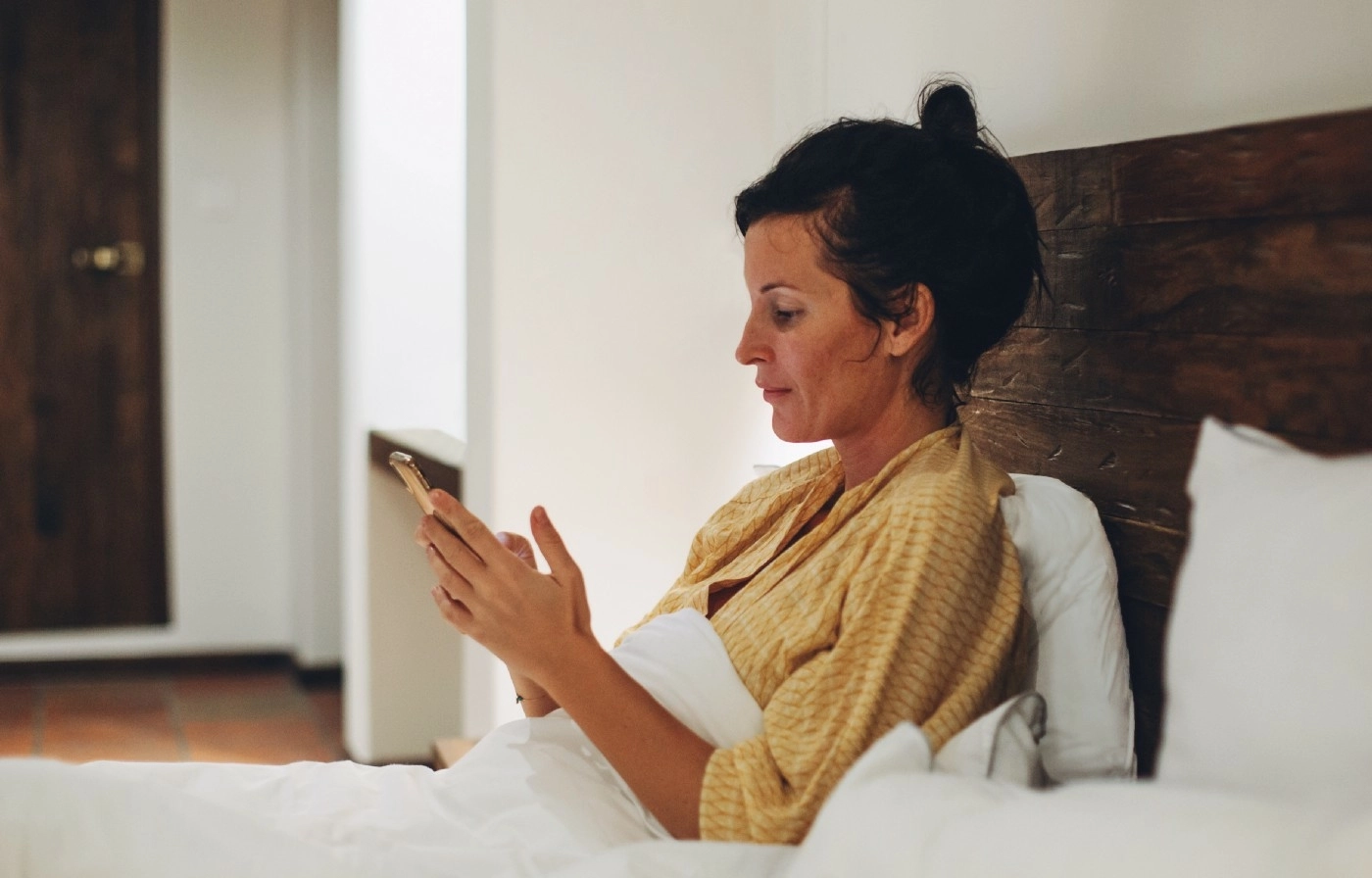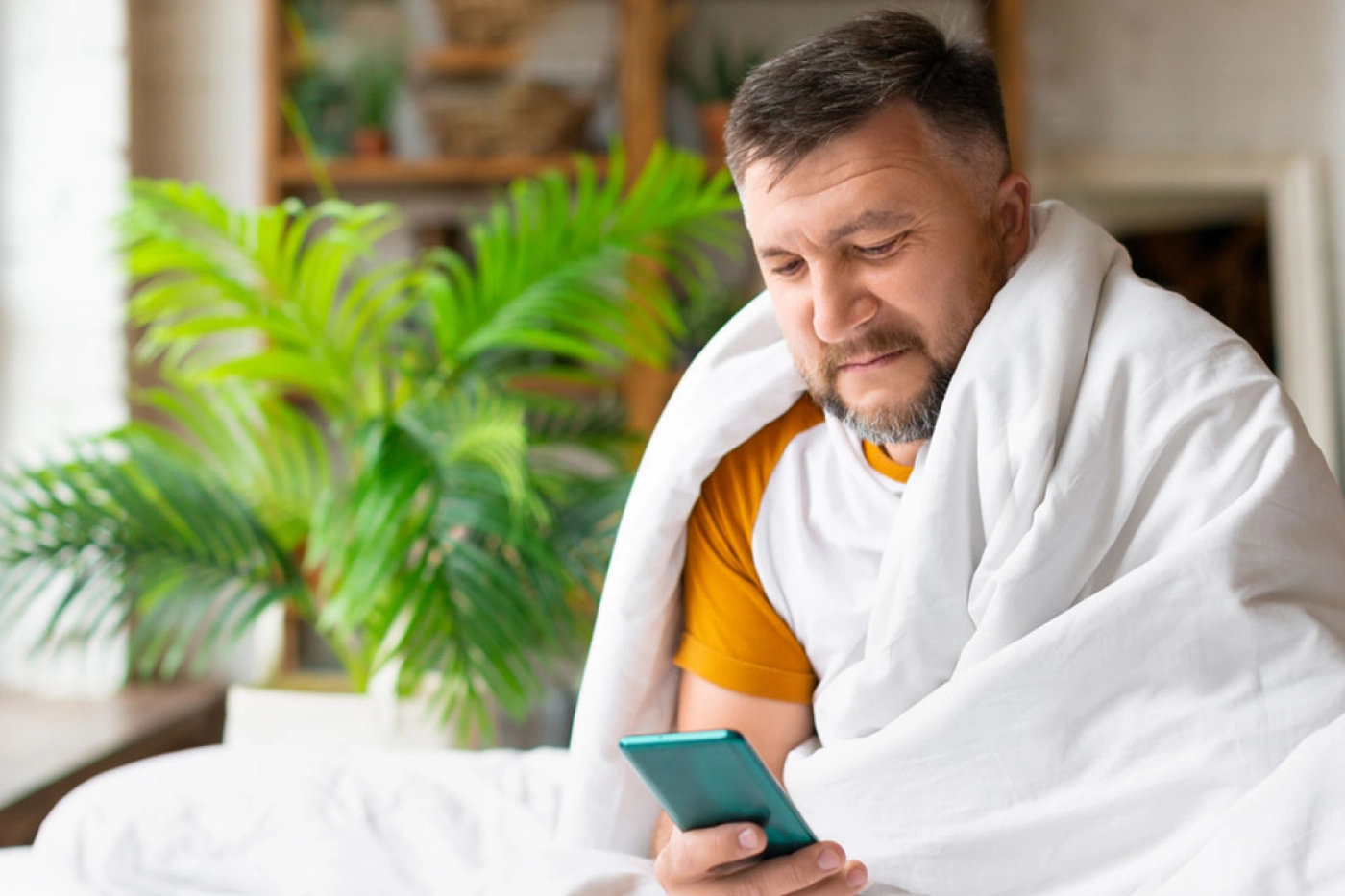Winter is traditionally cold and flu season, but now it is also includes COVID-19 which is also spreading widely, as well as RSV (respiratory syncytial virus is a common respiratory virus that usually causes mild, cold-like symptoms) . All four conditions share some overlapping symptoms, so it may be hard to figure out what’s causing your cough or fever.
The following guide may help you tell the difference between these viral illnesses. Checking with a doctor is the best way to get a diagnosis.
Symptoms of colds
Anyone with a cold may experience:
- sore throat
- cough
- stuffed-up or runny nose
- sneezing
- watery eyes
Symptoms of the flu
People who have the flu may experience:
- sore throat
- cough
- stuffed-up or runny nose (less common)
- sneezing
- watery eyes
- fever
- chills
- fatigue
- muscle aches
- headaches
- shortness of breath
- nausea and vomiting (less common)
- diarrhea (less common)
Symptoms of coronavirus (Covid-19)
People with coronavirus may experience:
- sore throat
- cough
- stuffed-up or runny nose (less common)
- sneezing (uncommon)
- fever (sometimes)
- chills
- fatigue
- muscle aches
- headaches
- shortness of breath
- nausea and vomiting (less common)
- diarrhea (less common)
- sudden loss of taste or smell
Symptoms of RSV
People (adults and children) with RSV may experience:
- Coughing and Sneezing
- Congestion
- Sore throat
- Fever
- Difficulty Breathing
- Irritability and Fatigue
- Poor Appetite
- Muscle Aches
Ways that colds, flu and coronavirus differ
The most notable symptom unique to coronavirus is the sudden loss of taste or smell.
How quickly you feel ill may suggest that you have one condition or the other. Colds usually develop gradually, while the flu comes on suddenly. Some people with coronavirus develop symptoms gradually; others feel sick more suddenly.
Testing options for flu and coronavirus
There are no tests that check for common colds, but you can get tested for the flu and/or coronavirus. (It’s possible to be infected with more than one virus; some people may get the flu and coronavirus simultaneously.) Your doctor may test you for flu, coronavirus or both, depending on your symptoms.
Many flu tests provide results quickly, within a few minutes to a few hours. Some coronavirus test results are available within a few hours; others take a day or more. To limit the spread of illness, self-quarantine at home until you get your test results.
Nobody wants to get sick during the cold and flu season, yet every fall and winter, many people find themselves coughing or sneezing, with sore throats, congestion or fever. This year, you may be concerned about getting COVID-19, not just colds or the flu. Fortunately, taking steps to help prevent a cold, may also reduce your risk of all three, because colds, the flu and COVID-19 spread in similar ways.
How to protect yourself from colds, flu and coronavirus this winter:
Keep your distance from others
When someone who’s sick coughs, sneezes or talks, they exhale viral particles that travel a short distance before settling to the ground. If you’re nearby, you may become infected. Staying 6 feet away from others may limit the spread of colds, the flu and COVID-19. Basically, the same lifestyle habits which lower your chances of getting coronavirus should also help limit your exposure to colds and the flu. Follow these practices:
Wash your hands often
Keeping your hands clean may reduce your chances of getting sick from germs that you’ve encountered on shared surfaces, like doorknobs, handles, and elevator buttons. When you touch your eyes, nose or mouth with dirty hands, germs may enter your respiratory system, leading to illness. Most people touch their faces several times per hour. Washing your hands frequently for 20 seconds or using hand sanitizer lowers your chances of getting sick.
Disinfect surfaces
Many shared surfaces are touched by people with viruses on their hands. Wipe down counters, light switches, doorknobs, the TV remote control and other spots that many people touch. Touching these surfaces is much more of a concern out in public, especially handles, doorknobs, etc. which don’t tend to be cleaned by staff at facilities. Be sure to cleanse your hands promptly if you touch these shared objects out in public.
When you can’t clean shared surfaces, find other ways to protect yourself. Use paper towels to touch sink faucets and door handles in public restrooms, or push elevator buttons with your knuckle, not your fingertip.
Wear masks
Covering your nose and mouth with a mask not only helps to stop the spread of COVID-19, it lowers transmission rates of other illnesses. Last flu season, fewer people than usual got the flu, and experts believe that mask-wearing, hand hygiene, and social distancing contributed to the drop. Masks also discourage you from touching your nose or mouth in public.
Get vaccinated
Flu vaccines and COVID-19 vaccines are widely available, and they significantly lower your risk of becoming ill. If you do get the flu or COVID-19 after getting vaccinated, it likely would be mild, and you’re less likely to be hospitalized.
The flu vaccine doesn’t fully protect against COVID-19, but recent research found that people who received flu shots and then got COVID-19 were less likely to experience serious complications, including stroke or sepsis. So why not do both?
Take care of yourself
Healthy lifestyle habits may help strengthen your immune system, making you less susceptible to illness. Choose fruits, bright colored vegetables, nuts, seeds, lean protein and whole grains over processed foods to boost your immune system. Aim for 30 minutes of moderate-intensity exercise daily, and sleep 7 to 8 hours each night.
Manage your mental health
Immune system function is optimized by stress reduction. Find ways to reduce the stress in your life, whether that means stepping back from certain situations or doing things that help you feel good about yourself. Practicing gratitude or exercising, for example, are great for your mood, and studies have shown that they may help people live longer and healthier.
If you’re concerned about your symptoms, Doctor On Demand’s board-certified providers are available for video visits 24 hours a day, 7 days a week. Our providers will listen to your concerns, evaluate your symptoms and can provide treatment, including sending prescriptions to your local pharmacy. They can also send you for a coronavirus test in your community.
About the author

Our team of subject matter experts, product developers, customer service representative, care coordinators, writing staff and editors contribute to Doctor On Demand articles.



